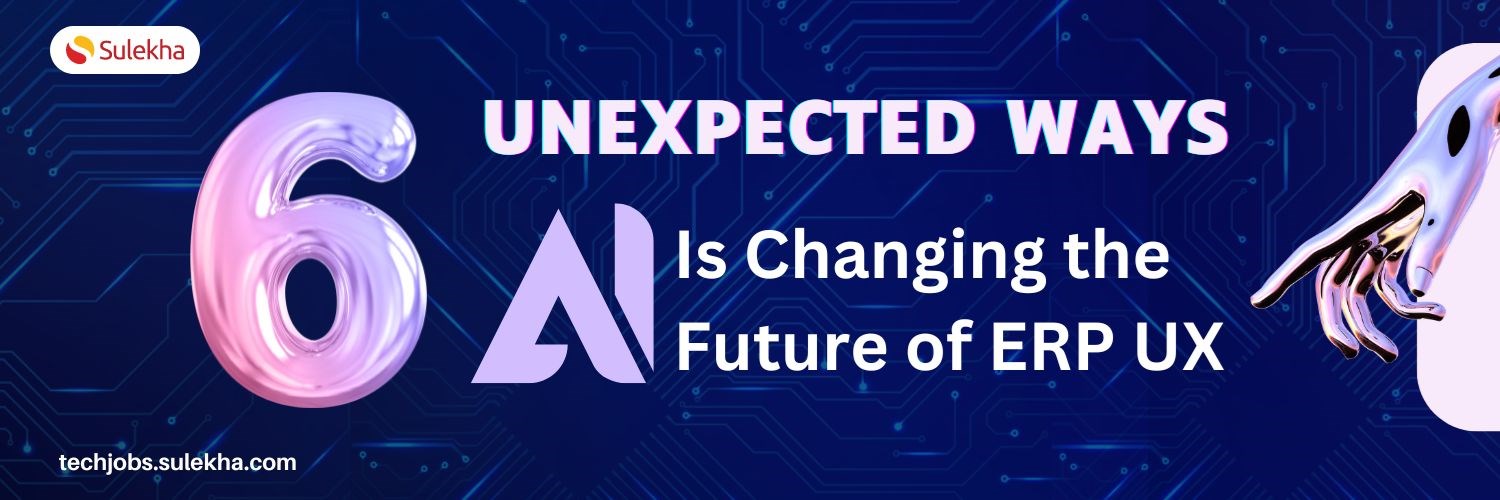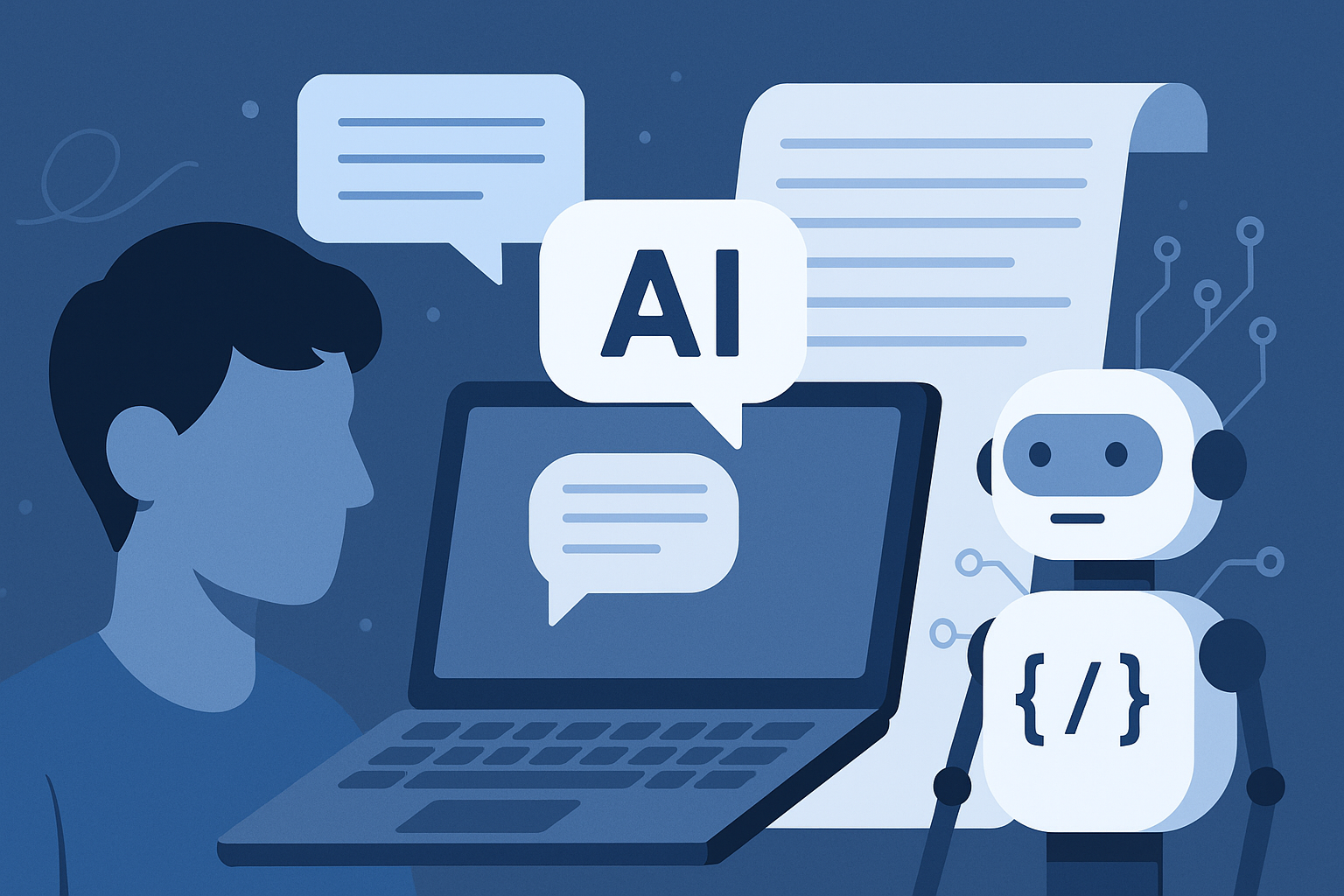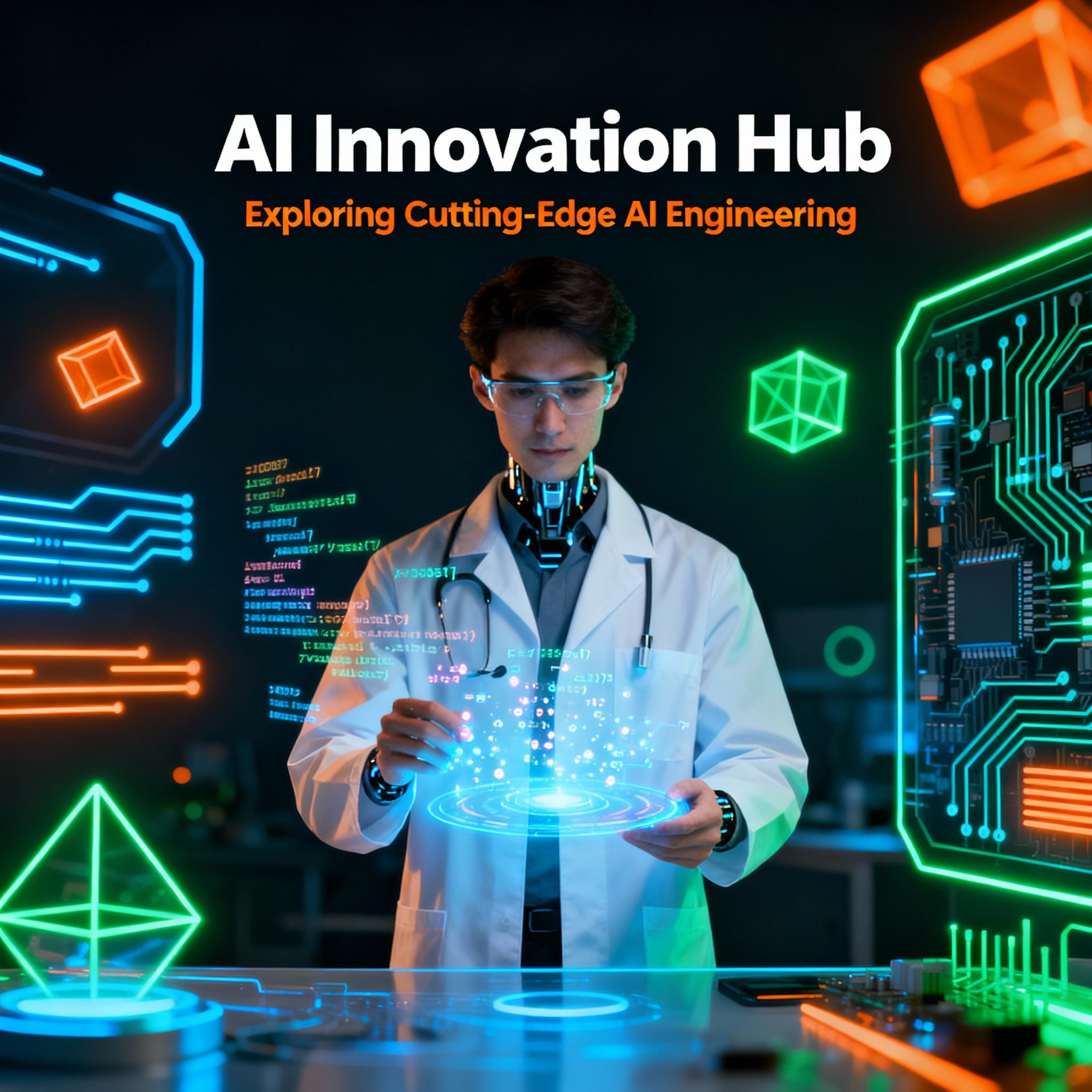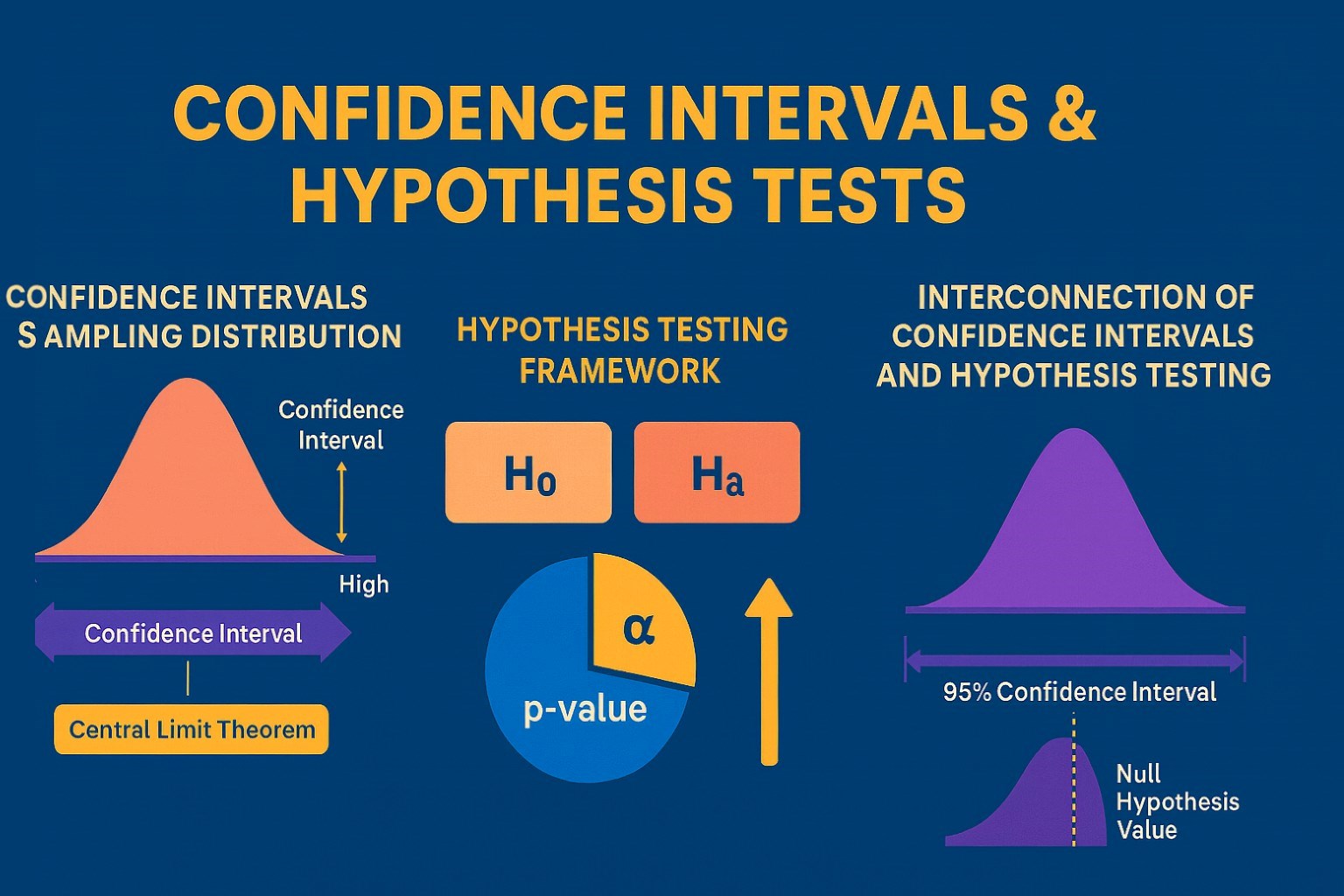
Generative AI is increasing dramatically in the IT sector and reshaping the enterprise. This technology facilitates the generation of diverse content types, including text, code, voice, images, videos, and more, thereby automating tasks associated with creativity and imagination. Generative AI promises to unlock advanced opportunities, such as innovating new services and business models that were previously economically impractical.
According to Statista, the market size in the Generative AI market is projected to reach US$66.62bn in 2024. The market size is expected to show an annual growth rate (CAGR 2024-2030) of 20.80%, resulting in a market volume of US$207.00bn by 2030. In global comparison, the largest market size will be in the United States (US$23.20bn in 2024).
With the rise of Generative AI, cloud computing is also gaining momentum and bringing about transformative changes in various industries, particularly the IT sector. Both AI and cloud technology are impacting business operations, with Generative AI leveraging the power of cloud computing to deliver innovative solutions.
How to Unleash the Full Potential of ERP Systems
The future of Enterprise Resource Planning (ERP) systems is characterized by a shift towards cloud-based solutions, integration of advanced technologies like artificial intelligence (AI) and machine learning, and a focus on improved operational efficiency and financial management. Cloud computing drives flexibility and accessibility, allowing businesses to streamline operations and enable collaboration across geographies. AI and machine learning are revolutionizing ERP systems by automating tasks, providing valuable insights, and improving decision-making processes. These advancements allow businesses to optimize financial management, automate processes, and drive efficiency.
· According to Statista, Enterprise Resource Planning Software's revenue will reach US$52.33bn in 2024.
· The revenue is projected to grow annually at a rate of 4.48% between 2024 and 2028, reaching a market size of $62.36 billion by 2028.
· In 2024, the average amount spent per employee in the Enterprise Resource Planning Software market is expected to hit $14.92.
· When compared globally, the United States is expected to generate the highest revenue, reaching $26,440.00 million in 2024.
SAP Announces New Generative AI Assistant Joule
Christian Klein, CEO and member of the Executive Board of SAP SE, says, "Joule has the power to redefine the way businesses—and the people who power them—work." He also says that more than 300 million enterprises utilize SAP cloud solutions.
Joule, a generative AI assistant, delivers proactive and contextualized insight into SAP solutions and third-party sources. Joule's embedded in SAP's cloud helps people work faster and achieve better business results by efficiently organizing and interpreting data from various systems to provide valuable insights securely and compliantly. It builds on SAP's history of innovative technology that delivers tangible outcomes.
Joule will be integrated into various SAP applications, spanning HR to finance, supply chain, procurement, customer experience, and the SAP Business Technology Platform. It revolutionizes the SAP user experience—akin to consulting your brightest coworker for advice.
For example:
Joule will be able to handle HR duties, such as employee and manager self-services. This assistant allows managers and employees to complete business tasks in a conversational setting supported by specific transactional scenarios.
What is SAP's new generative AI assistant Joule?
An illustration of how generative AI can transform user interaction with SAP business systems involves its seamless integration throughout SAP's cloud solutions, including SAP SuccessFactors, SAP Start, and SAP S/4HANA Cloud, public edition.
Joule acts as an AI copilot. With the aid of artificial intelligence and natural language processing, we can simplify tasks based on user roles. So, by embedding Joule, we can derive valuable insights and make quick decisions, enabling users to work more efficiently and achieve improved business results securely and compliantly.
By utilizing Joule, we can change the way we work. Below, we have discussed the top trends demonstrating how we can revolutionize the enterprise and enhance the work experience by leveraging the power of AI( Artificial intelligence).
6 Unexpected Ways AI Is Changing the Future of ERP UX:
#1: The system will start to feel a lot more personal
Personalization has played a crucial role in the field of UX in recent times. Still, generative AI has dramatically changed the way of working and user interaction with enterprise systems by delivering a hyper-personalized experience based on the user's role, priorities, and past behavior.
Cloud ERP is merely based on natural language processing, user data, predictive analytics, and documents to generate valuable responses and intelligent insights that are highly relevant to the user's role and requirement and speak to the user in a relatable, human way.
#2: Communication with the system will happen in everyday language
Longtime ERP users will have a complete understanding of complex keyboard shortcut sequences where using the system was akin to acquiring a new language. Rephrase this sentence: Generative AI can enhance user experience by enabling direct communication with the system using everyday language, going beyond traditional chatbots and automated responses to allow users to interact naturally within applications, simplifying tasks like filtering reports and accessing specific information effortlessly.
#3: Predictive analytics and accessible to business users
During times of political and climate uncertainty, rapid changes, and supply chain disruptions, organizations worldwide prioritize predictive analytics. Using generative AI, cloud ERP systems can analyze vast amounts of data to make advanced predictions based on patterns and trends using machine learning and artificial intelligence. Enhanced systems will swiftly process large data volumes, uncover insights humans might overlook, and provide more nuanced and accurate predictions about future events. This advancement will revolutionize how users forecast sales, manage inventory, set prices optimally, and excel in areas requiring precise forecasting.
Previously, predictive analytics required complex tools, limiting access to data scientists and analysts. Yet, AI-driven augmented analytics now democratizes this process, allowing business users with basic training to make accurate predictions and decisions without IT assistance. This shift is vital in a competitive market environment.
#4: real-time insights
Augmented AI helps provide real-time data insight, so with this real-time data, the user can analyze it to make quick business decisions confidently. AI helps in deriving insightful data for the development of an organization.
When presenting detailed, insightful data, an ERP system can provide value or a number by analyzing the root causes. Furthermore, users can request the system to create a report summarizing this data, like a brief document or a summary for executives.
#5: Automation will get more intelligent by learning from you
In recent years, we've seen AI automate routine tasks, freeing up employees for strategic work. However, upcoming automation advancements will boost process efficiency and speed even more.
For instance, in data processing, ERP systems efficiently extract information from documents like printed materials, PDFs, or lists. This extracted data automatically populates input fields when creating objects by matching the values from the document to the object page.
This existing technology will soon enhance value mapping by learning from user corrections and preferences and providing intelligent suggestions on future actions based on this accumulated knowledge.
#6: Users will gain a new sense of security and trust in the ERP
Generative AI is set to make users feel more secure and confident about using cloud ERP systems. With AI advancements, ERP systems will be safer because they'll constantly monitor things, predict and analyze behaviors, spot anything unusual, and alert security teams. ERP companies that focus on responsible AI, which means they're really careful about security, transparency, privacy, following rules, and being ethical, will ensure that user safety and honesty are naturally built into the system.
AI's integration into ERP systems reshapes user experiences by enhancing security, democratizing predictive analytics, improving value mapping, automating data extraction, enabling user-centric report generation, and providing personalized interactions. These advancements are revolutionizing how users interact with ERP systems, making processes more efficient, insightful, and user-friendly, ultimately shaping the future of ERP UX.
Take the next step towards your professional goals in SAP ERP
Don't hesitate to talk with our course advisor right now
Receive a call
Contact NowMake a call
+1-732-338-7323Latest blogs on technology to explore

From Student to AI Pro: What Does Prompt Engineering Entail and How Do You Start?
Explore the growing field of prompt engineering, a vital skill for AI enthusiasts. Learn how to craft optimized prompts for tools like ChatGPT and Gemini, and discover the career opportunities and skills needed to succeed in this fast-evolving indust

How Security Classification Guides Strengthen Data Protection in Modern Cybersecurity
A Security Classification Guide (SCG) defines data protection standards, ensuring sensitive information is handled securely across all levels. By outlining confidentiality, access controls, and declassification procedures, SCGs strengthen cybersecuri

Artificial Intelligence – A Growing Field of Study for Modern Learners
Artificial Intelligence is becoming a top study choice due to high job demand and future scope. This blog explains key subjects, career opportunities, and a simple AI study roadmap to help beginners start learning and build a strong career in the AI

Java in 2026: Why This ‘Old’ Language Is Still Your Golden Ticket to a Tech Career (And Where to Learn It!
Think Java is old news? Think again! 90% of Fortune 500 companies (yes, including Google, Amazon, and Netflix) run on Java (Oracle, 2025). From Android apps to banking systems, Java is the backbone of tech—and Sulekha IT Services is your fast track t

From Student to AI Pro: What Does Prompt Engineering Entail and How Do You Start?
Learn what prompt engineering is, why it matters, and how students and professionals can start mastering AI tools like ChatGPT, Gemini, and Copilot.

Cyber Security in 2025: The Golden Ticket to a Future-Proof Career
Cyber security jobs are growing 35% faster than any other tech field (U.S. Bureau of Labor Statistics, 2024)—and the average salary is $100,000+ per year! In a world where data breaches cost businesses $4.45 million on average (IBM, 2024), cyber secu

SAP SD in 2025: Your Ticket to a High-Flying IT Career
In the fast-paced world of IT and enterprise software, SAP SD (Sales and Distribution) is the secret sauce that keeps businesses running smoothly. Whether it’s managing customer orders, pricing, shipping, or billing, SAP SD is the backbone of sales o

SAP FICO in 2025: Salary, Jobs & How to Get Certified
AP FICO professionals earn $90,000–$130,000/year in the USA and Canada—and demand is skyrocketing! If you’re eyeing a future-proof IT career, SAP FICO (Financial Accounting & Controlling) is your golden ticket. But where do you start? Sulekha IT Serv

Train Like an AI Engineer: The Smartest Career Move You’ll Make This Year!
Why AI Engineering Is the Hottest Skillset Right Now From self-driving cars to chatbots that sound eerily human, Artificial Intelligence is no longer science fiction — it’s the backbone of modern tech. And guess what? Companies across the USA and Can

Confidence Intervals & Hypothesis Tests: The Data Science Path to Generalization
Learn how confidence intervals and hypothesis tests turn sample data into reliable population insights in data science. Understand CLT, p-values, and significance to generalize results, quantify uncertainty, and make evidence-based decisions.